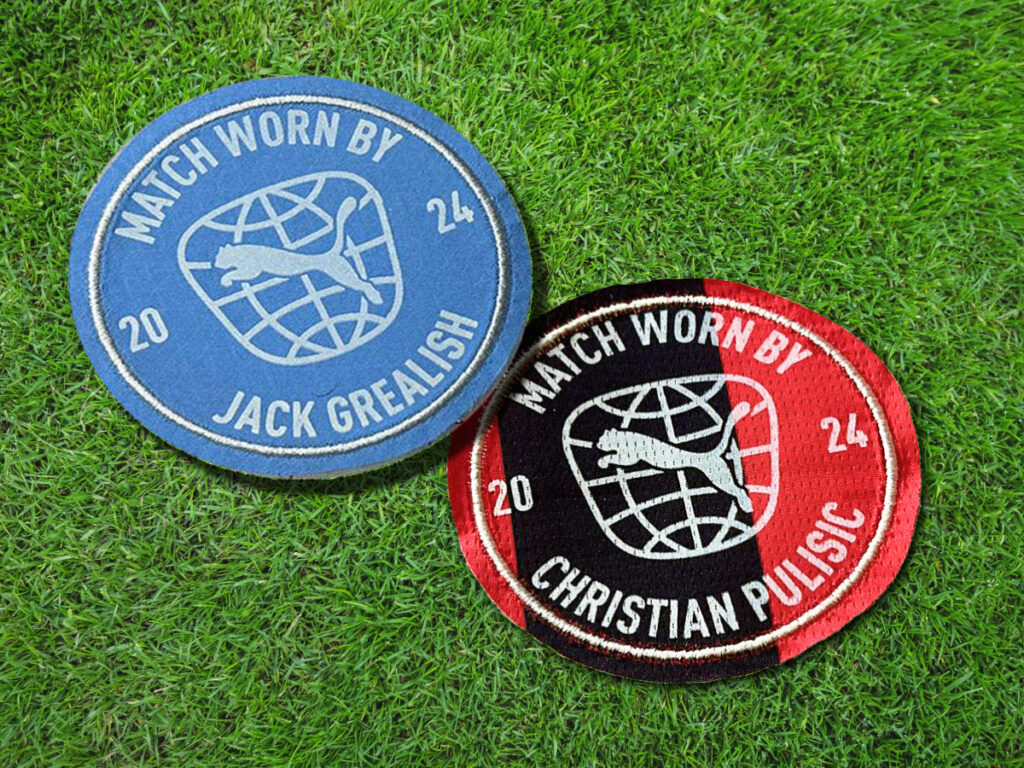Football
Puma’s new replica football jerseys made with 75% recycled textile waste – InternetRetailing

Puma has scaled up its textile-to-textile recycling innovation RE:FIBRE, creating millions of replica football jerseys with a minimum of 75% recycled textile waste and other waste material.
From the start of the 24/25 season, Puma football replica jerseys are made from RE:FIBRE for the first time. This includes 35 Clubs with those for the Euro and Copa América tournaments.
This latest collection builds on the 46,000 RE:FIBRE jerseys produced in 2023 and seeks to not only reduce textile waste, but also to create less reliance on plastic bottles to produce recycled polyester products.
Furthermore, Puma is exploring ways to recycle polyester – such as thermo-mechanical and chemical recycling techniques enabling the global sports brand to increase its capacity to recycle textile waste.
“RE:FIBRE gives football fans a tangible example of how Puma is working towards creating a Forever Better,” said Anne-Laure Descours, Chief Sourcing Officer at PUMA.
“Our wish is to have 100% of our polyester products created from textile waste. Rethinking how we produce and moving towards a more circular business model is important and RE: FIBRE is central to that.”
To celebrate, Puma will hold a weekend of activities in the New York flagship store, timed to coincide with the launch of the AC Milan and Manchester City home replica kits and ahead of the two Puma football teams playing in New York City.
On Saturday 20 July 2024, one hundred limited edition badges upcycled from match worn jerseys by Jack Grealish and Christian Pulisic will be up for grabs in-store. The badges have been designed by US upcycler and PUMA Voice of a RE:Generation Andrew Burgess, to commemorate the expansion of Puma RE:FIBRE.
Then on Sunday 21 July, Andrew Burgess will host three upcycling workshops to educate fashion-curious consumers on the techniques for customising and upcycling clothing to extend their lifespan. Leaning into the crossover between sport and fashion, consumers will have the chance to take a RE:FIBRE t-shirt and turn it into a sportstyle inspired garment.
Sports goods buyers lead in sustainable purchasing and, with vintage sportswear a growing market, are very keen on buying second-hand items – the newly published RetailX Global Sports Goods 2024 report has found.
As well as looking at sustainability in the sector, this report answers the most important questions about how shoppers are buying differently, as well as to reveal the main factors driving this change, what we might expect in the future and how retailers and brands can plan for that.
Stay informed
Our editor carefully curates two newsletters a week filled with up-to-date news, analysis and research, click here to subscribe to the FREE newsletter sent straight to your inbox and why not follow us on LinkedIn to receive the latest updates on our research and analysis.


)






